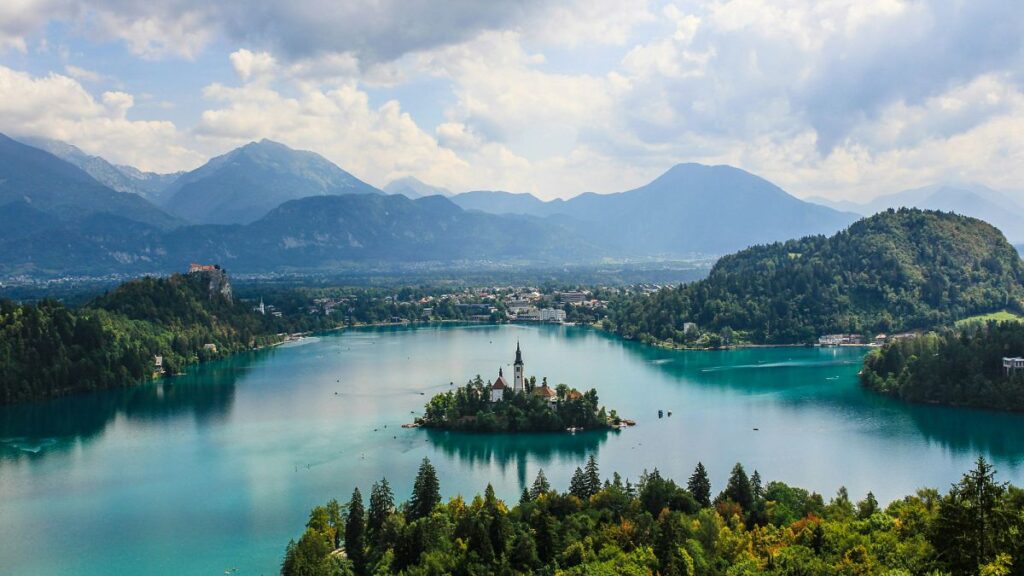Slovenia is set to become the latest European nation to launch a digital nomad visa.
The country will offer remote workers a one-year permit to live in the country. The visa is expected to become available from the beginning of November this year.
It is hoped that it will attract talent and encourage long-term tourism in Slovenia.
Here is everything we know so far about who will be eligible and when it will launch.
Who is eligible to apply for Slovenia’s digital nomad visa?
Slovenia’s digital nomad visa will be available for non-EU and non-EEA nationals.
To be eligible, you must also work exclusively for foreign clients or employers. This means either being employed by a company located outside Slovenia or, if you are self-employed or a freelancer, only providing services to clients outside the country.
Failure to abide by these rules may result in your visa being revoked and future restrictions on entering the country.
Family members can join a digital nomad holding a visa, but they are also not allowed to work for companies based in Slovenia.
Applicants have to provide evidence of sufficient income to support themselves and their families throughout their stay.
This can be recent payslips, employment contracts, freelance agreements, or bank statements.
The exact income threshold has not yet been specified.
How to apply for Slovenia’s digital nomad visa
Those interested in Slovenia’s digital nomad visa can apply online or at a Slovenian consulate or embassy.
The visa is expected to launch on 21 November 2025.
The permit is valid for 12 months. It is non-renewable, so remote workers looking to stay longer need to spend at least six months outside Slovenia before reapplying.
Why digital nomads should choose Slovenia
This is the first time Slovenia has introduced an official option for remote workers to reside in the country.
The permit hopes to lure foreigners looking to stay in the country long-term by offering a comparatively affordable cost of living compared to other European countries, especially neighbouring Italy and Austria.
Slovenia hopes that burgeoning services for digital nomads will also be a draw.
The capital Ljubljana now has plenty of co-working spaces, while cities like Maribor, Celje, Kranj and Koper offer quieter options with good facilities for families.
Slovenia joins a growing list of European countries offering digital nomad visas, including Italy, Germany, Croatia, Portugal and Greece.
Read the full article here


